Will Usaid Disappear? a Danger to Democracy
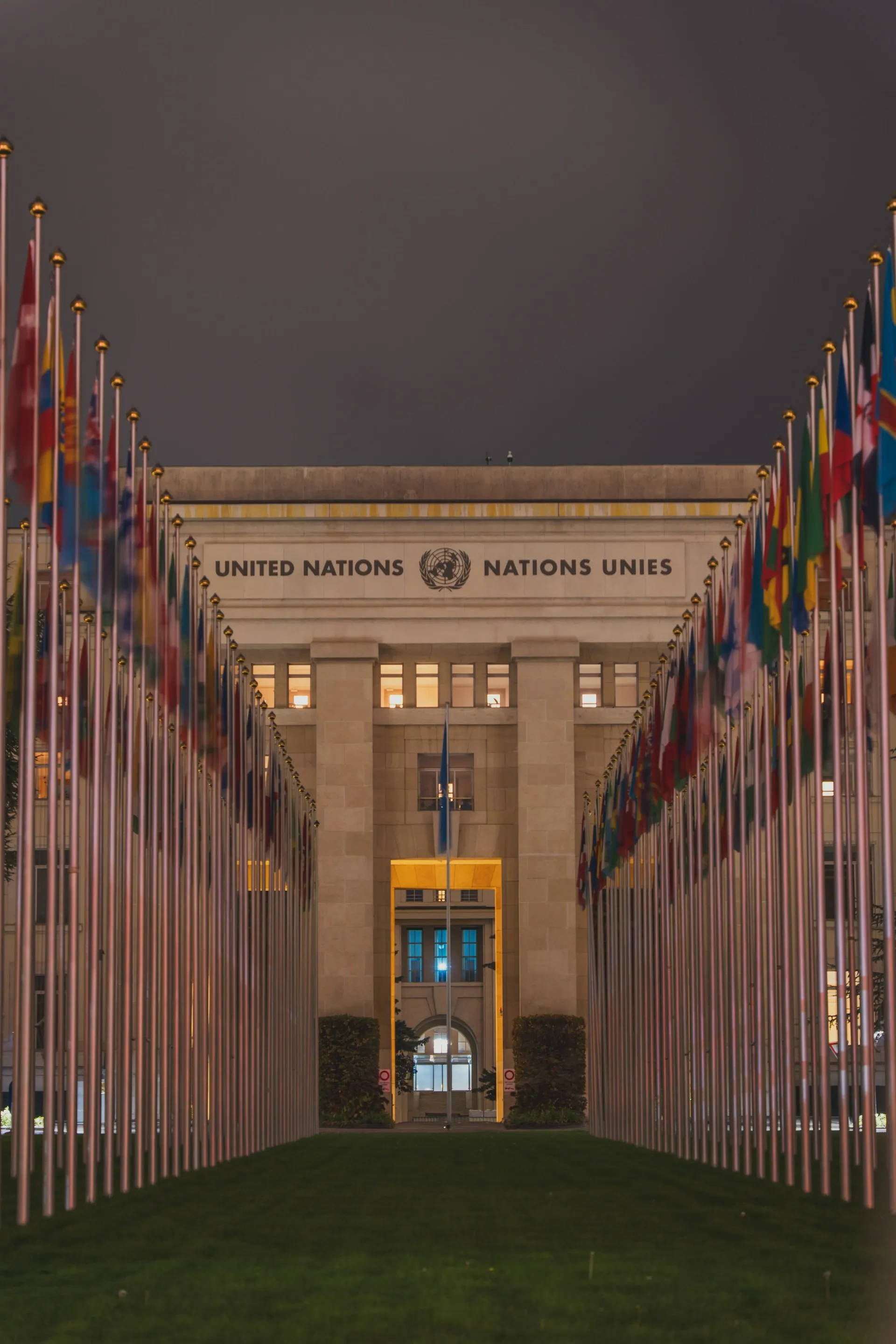
Explore the latest developments in will usaid disappear? danger and their impact on business transformation and innovation.
For all practical purposes, this would be very bad news for many countries, including Mexico, which received about 128 million dollars from USAID between 2023 and 2024 to support various programs.
International Cooperation
International cooperation has had three foundations:
- The first is that it is a **morally and materially valuable policy** to have certain bases of global harmony, especially from rich countries to poor ones.
- The second is that it is a **way for the developed world to exercise a kind of “soft power,”** that is, not power based on force, but on cooperation, aid, and solidarity.
- The third is that if **poor communities grow, improve, and produce**, they eventually become consumers, relevant, safe, and relatively autonomous allies.
From that point of view, cooperation is good and sounds good. Critics of international cooperation argue that underlying it are indeed unfulfilled material promises, increasing global conflicts, unstoppable migration, or inequality, and that therefore its legitimacy and effectiveness have diminished. Others point out that despite the prolonged decades of mobilizing resources to poor countries, it has not been enough to lift them out of that condition. It seems logical, therefore, that, between both extremes—the value of cooperation and dissatisfaction with it—ultra-conservative governments, taxpayers, or ordinary citizens are skeptical about the real effectiveness of international cooperation. That is Trump’s argument for ending it, but instead of fixing the child, his solution is to throw it out with the bathwater.
History of Usaid2000
USAID was founded by John F. Kennedy in 1961 in the context of the Cuban Revolution, the launch of the Alliance for Progress, and the Peace Corps, with the idea of inoculating a more humanitarian experience among young Americans by doing fieldwork or social service in underdeveloped countries. Currently, it operates in 130 countries, with a budget of approximately 44.2 billion dollars in fiscal year 2024, equivalent to 0.4% of the American federal budget.
Scope of Usaid2486
It has more than 10,000 employees, two-thirds of whom work abroad*.* USAID also buys corn, beans, and rice to distribute to other countries, and in 2023, it purchased 1.1 million metric tons of food from American farmers and ranchers. According to UN data, the U.S. government financed nearly 47% of humanitarian resources globally in 2024. Its main areas of work, now at risk, have been:
- The defense of democracy.
- Human rights.
- Education.
- Attention to humanitarian crises and food security.
- Natural disasters.
- Programs against diseases such as malaria, tuberculosis, and HIV/AIDS.
Topics that, as we well know, Trump detests. It is also true that in Latin America it has been accused of being an instrument of the CIA, and there was some truth to that in another era, but currently, the region receives funds for only about 1.7 billion dollars, less than any other part of the world, and five countries receive about 70% of all this aid, among which Mexico is not. In this latter plane, it is symptomatic that among those who attack USAID are especially the governments of Venezuela, Colombia, Bolivia, and Mexico, among others, whose democratic credentials are regrettable. For example, Jorge G. Castañeda has pointed out, that López Obrador fought and attacked USAID to the extreme (like Putin and other autocrats) and formally asked the U.S. embassy in Mexico to suspend its support to various NGOs, including Mexicans Against Corruption and Impunity. Coincidentally, perhaps he was right because thanks to the work of these organizations, in the most recent global corruption perception report from Transparency International, Mexico came in at position 140 (out of 180 countries), the worst in the years that this report has been produced. The contradiction is that, as Castañeda himself said, López Obrador continued to accept funds from USAID for the Mexican armed forces.
What Would Happen If Usaid Aid Is Suspended?4436
Some observers have hypothesized that those who could benefit most from the cut in funds for cooperation would be precisely the dictatorships of the region. For example, last year, USAID allocated 211 million dollars to Venezuela, including 33 million for groups monitoring “democracy, human rights, and governance,” which used these funds to observe the 2024 elections, organize an independent vote count, and collect copies of the electoral records. This allowed them to verify and document that the opposition candidate, Edmundo González Urrutia, had won the elections. If that aid is suspended, democracy and human rights would be severely affected. Of course, things can be done better. Properly implemented cooperation facilitates development, employment, security, and prosperity, which is good for democracy and institutions, but also for economic growth and the expansion of open markets. The combination of these factors has made the USA, with all the nuances one wants, as **Martin Wolf of the **Financial Times, writes, a successful hegemonic power and, under certain parameters, benign.
“A world with more prosperous, healthy and stable countries is a better place to live. The main instruments to achieve these goals are multilateral institutions. If the US is going to turn its back on its past wisdom, it is up to the rest of us to create a multilateral way forward, while we wait for the US to finally find a way back to the light,” Wolff points out.
Many influential voices in Ibero-America insist that it is in the national interest, of course of the USA, but also of many other countries—the Scandinavian countries, the Netherlands, Belgium, France, England, Germany, Italy, and Spain, among others—to contribute to trying to: “suppress or reduce real obstacles to development in poor countries: corruption, authoritarianism, human rights violations, lack of freedom of the press, weakness of institutions, lack of independence of the judiciary, etc.” and to shield against this, channel aid to the defense of democracy and human rights. Many of these evils are commonplace in Mexico today.
Conclusion
In conclusion, it is critical today to make a new, more demanding and vigorous appeal to the international community about the** dangers to which the disinterest and indifference of countries, governments, and leaders regarding the strengthening of democracies and human rights can lead**. Equally critical is also to educate citizens themselves to revitalize the value of democracy, freedoms, and the exercise of fundamental rights.
More Articles

2026 Calendar: All Long Weekends and Public Holidays in Mexico
Jan 2, 2026

Guanajuato Leads Energy Transition with 428 MW of Clean Energy
Jan 26, 2026
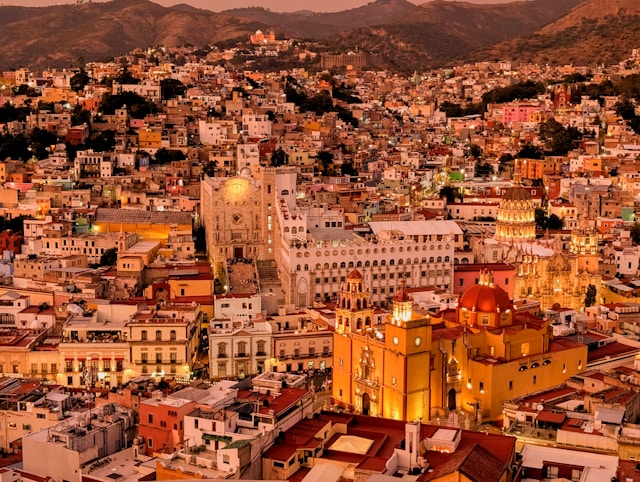
Why Tourism is Solidifying as Guanajuato's Economic Engine?
Jan 20, 2026
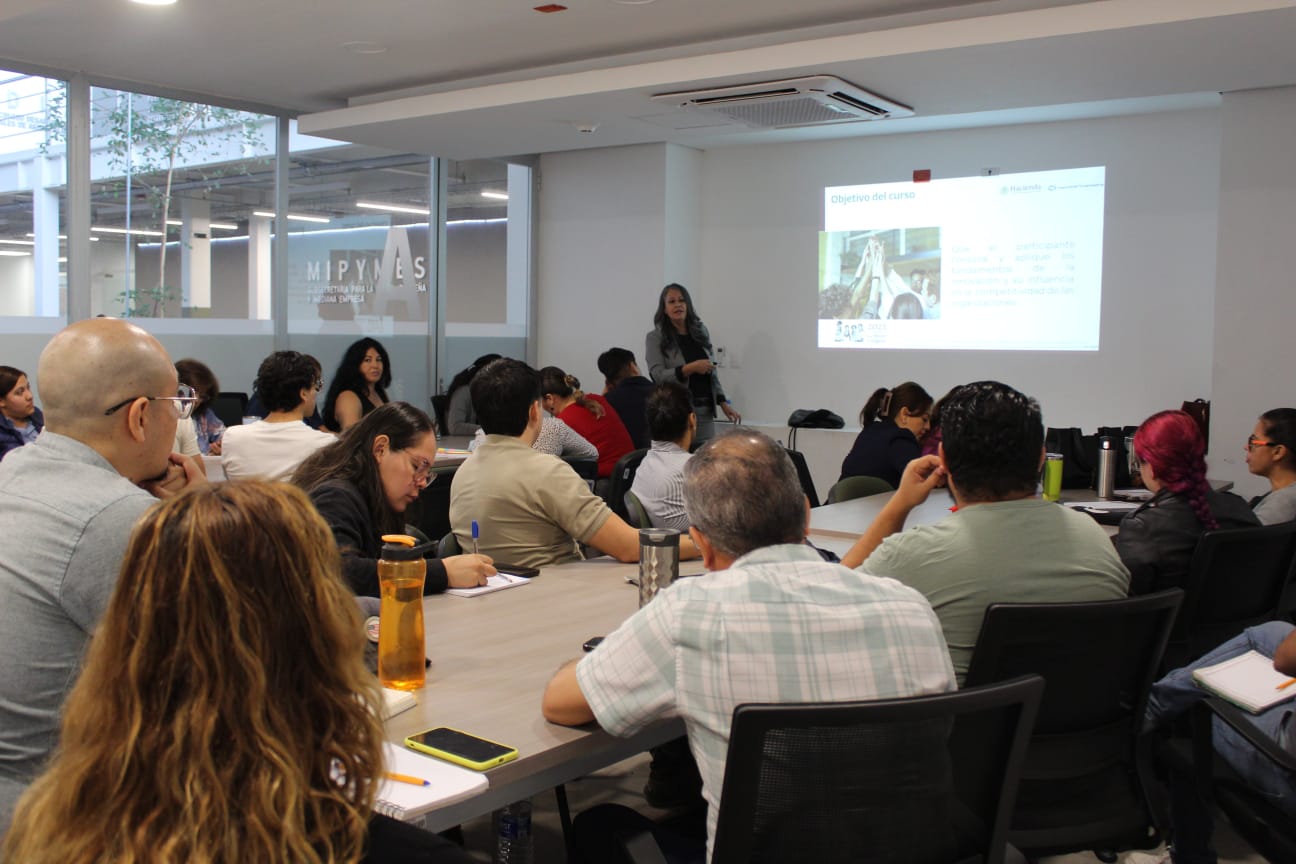
Training Programs Launched for MSMEs in Aguascalientes
Jan 8, 2026
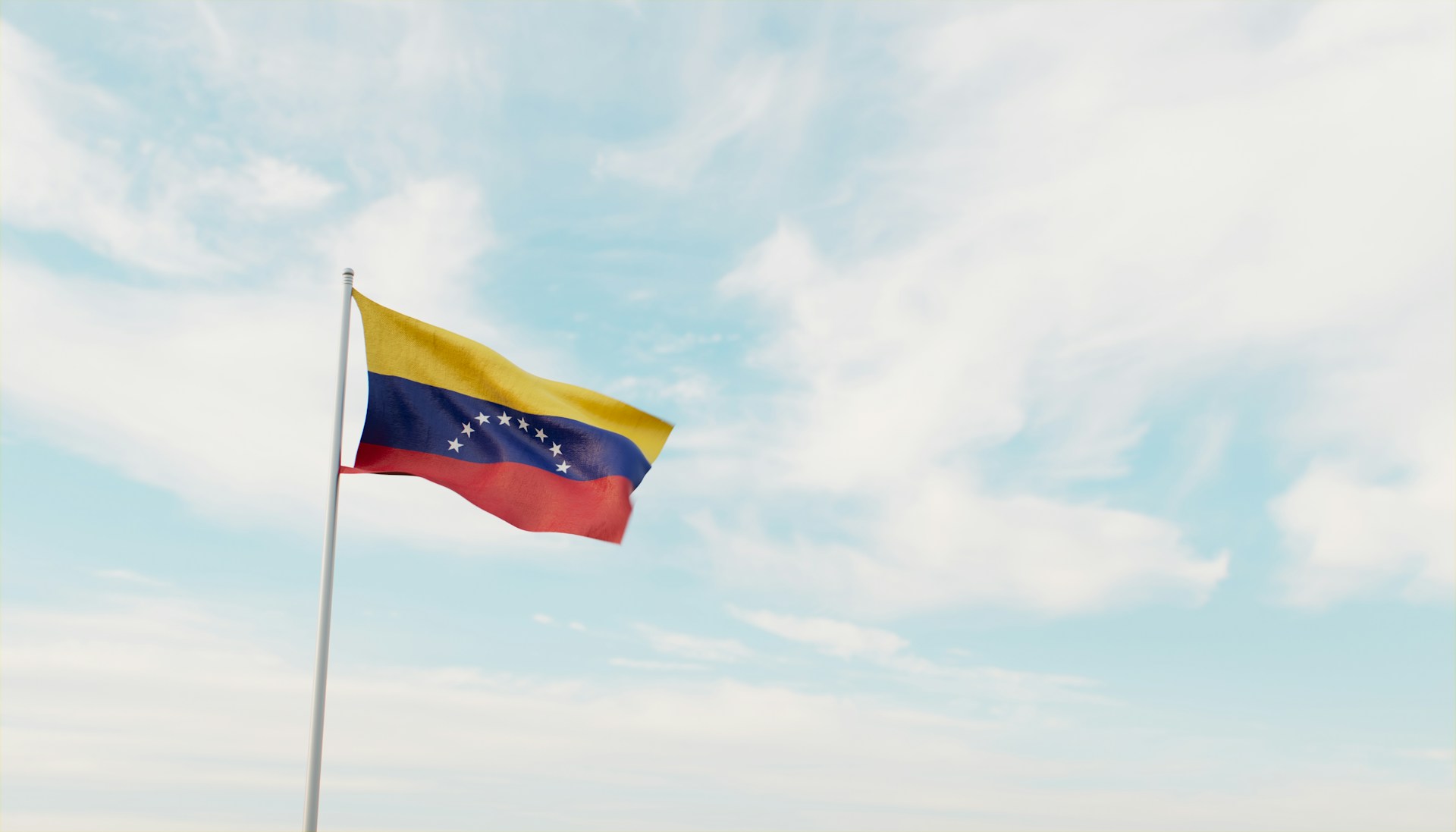
LatAm Urges Regional Unity Amidst Venezuela Conflict
Jan 5, 2026
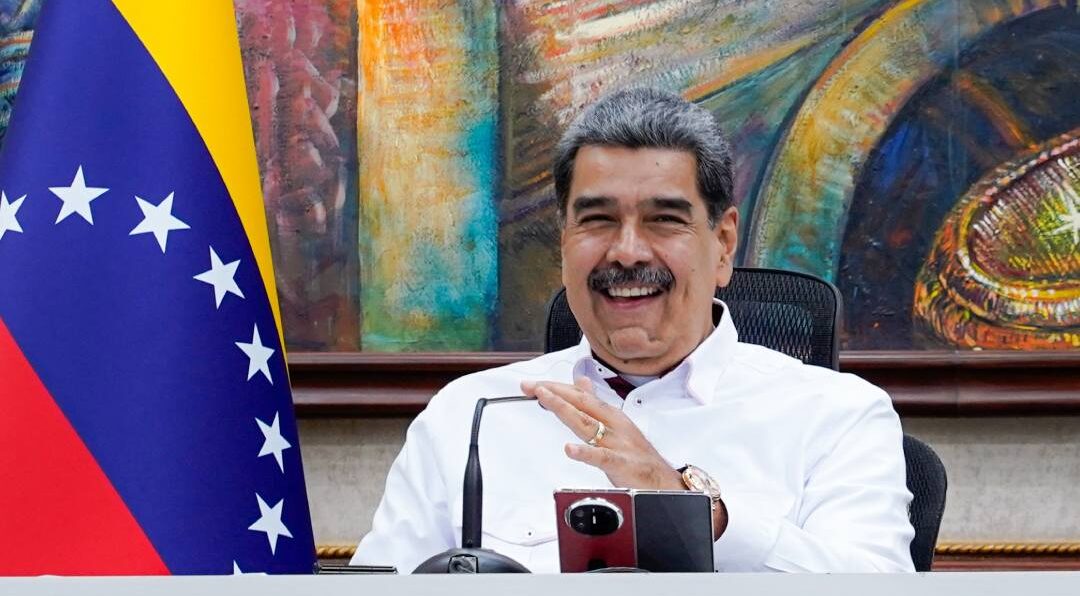
International Reactions Following Nicolás Maduro's Capture
Jan 3, 2026
